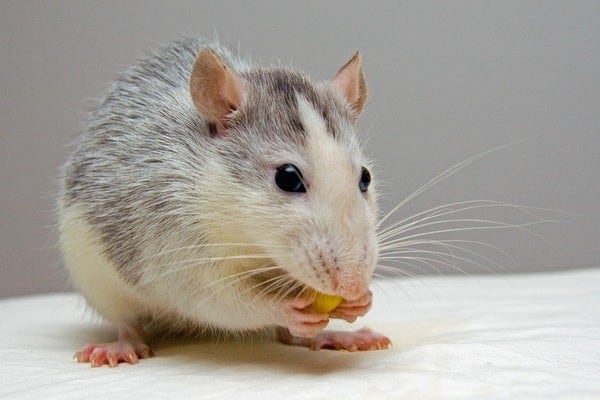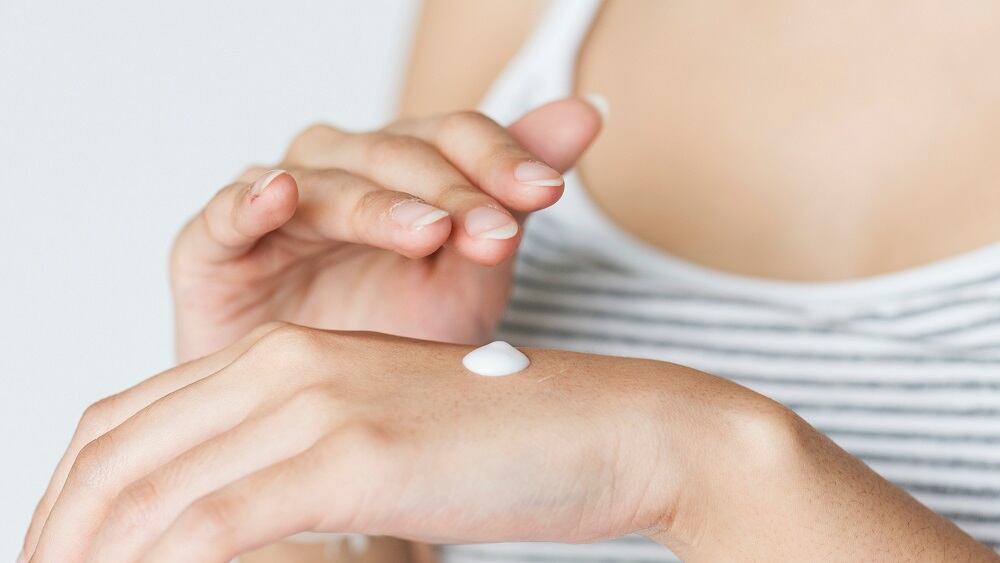1 - PETA: China’s new regulation removes animal testing procedure
Following the announcement of China Food and Drug Administration's (CFDA) new regulation — coming into effect from March 1 – People for the Ethical Treatment of Animals (PETA) believes it will strengthen the fight to stop animal testing in China.
As this decision may provide companies with a feasible and eff ective way to avoid the CFDA’s animal testing requirements, PETA recognises that this updated regulation could speed up China putting an end to animal cruelty through cosmetics testing.
2 - Cosmetics face stricter regulation as China’s CBEC rules set to change
Cosmetic products imported via cross-border ecommerce (CBEC) into China look set to require registration with the China Food and Drug Administration before they can be imported into the country.
Administration (CFDA) before they can be imported into the country from next year.
Reliable sources have unofficially confirmed that China is certain to implement CBEC changes as early as January 1 next year.
The requirement would apply to products that have not be registered after the new regulations have been put in place, regardless of how long they have been sold on e-commerce platforms like Tmall and JD.
3 - China cuts import tariffs on cosmetics goods
From 1st July, China will lower the import tariffs on cosmetics, as part of a reduction on nearly 1,500 consumer products.
Cosmetics will see a tariff cut from 8.4% to 2.9%. Some health and medical products will also receive the same drop in tariff requirements.
The average duty on consumer products is expected to drop to 6.9% from 15.7%, business news provider Reuters revealed.
On 30th May 2018, the State Council, China’s cabinet, revealed that it would cut import tariffs on a variety of consumer items including cosmetics and drugs. It also stated that the ministry had identified five measures that it would strive to actively and efficiently follow.
4 - Malaysian Health Ministry bans 14 skincare products over safety concerns
Malaysia’s National Pharmaceutical Regulatory Department (NPRA) has recalled 14 skin care items after they were found to contain potentially harmful ingredients.
The press statement, which was sent from the desk of its Director-General of Health, Datuk Dr Noor Hisham Bin Abdullah, warned the public not continue use of the products.
Additionally, Datuk Noor Hisham assured that approval to distribute the products were revoked by the Senior Director of Pharmaceutical Services. NPRA is a division of Kementerian Kesihatan Malaysia (KKM), the Malaysian Ministry of Health.
5 - China continues to open its market by reducing import tax rate for luxury cosmetics
The Chinese government announces that it will cut the import tax for high-end cosmetics to 50% effective from November 1 in bid to make its market more hospitable.
In a statement published by the State Council Tariff Commission, the Chinese government announced decided to adjust the tax rate for import goods and taxes.
The announcement was accompanied by a single-page document listing goods that will be affected by the adjustments. Besides premium cosmetics, other luxury goods affected by the taxes include watches, wine, jewellery and golfing equipment.
6 - China’s new laws will hold e-commerce platforms responsible for counterfeit cosmetics
China has introduced new legislation that will hold online platforms such as Alibaba and JD.com accountable for fake goods sold by third parties on their websites, in a bid to curb the spread of counterfeits and strengthened their IP protection.
The e-commerce law was approved by the 13th National People's Congress, and will be take effect from January 1 next year.
Under the new legislation, “e-commerce platform operators must establish rules to protect intellectual property rights”. Before, only individual merchants responsible are held liable when caught distributing fake goods.
7 - Proposed non-animal alternative testing methods are a positive, progressive step, Humane Society Senior Director says
Following China’s National Institutes for Food and Drug Control (NIFDC) published bulletin on the potential adoption of two non-animal methods of cosmetics testing, we spoke to Troy Seidle, Senior Director, Research & Toxicology Department, Humane Society International, on what this means for the testing landscape.
On 5th February 2018, China’s NIFDC published a bulletin inviting comments from the public on the consideration to implement two validated and internationally recognised non-animal methods for safety assessment of cosmetic ingredients – the in chemico Direct Peptide Reactivity Assay for skin sensitisation (OECD TG 442C), and the in vitro Short-Term Exposure test for eye irritation (OECD TG 491).
8 - China’s compulsory animal-testing for cosmetics may take more than five years to stop
Although China has made significant strides in moving away from animal-testing, its challenges suggest it may take more than five years for the country to completely stop compulsory animal-testing for cosmetics, says one analyst.
Hedy He, regulatory analyst and editor of ChemLinked told Cosmetics Design Asia: “In the short term a total ban on animal testing is unlikely given the lack of testing infrastructure and the technical capacity shortcomings of the industry.”
9 - China demands filing for host of first-import cosmetics products
China is changing the way it manages non-special use cosmetics that travel through the Shanghai Pudong area, as brands importing for the first time will now be subject to fling management, cosmetics regulatory portal, Chemlinked reports.
The new import rules will come into effect from 1st March 2017 and will currently last until 21st December 2018. From March this year, non-special use cosmetics — defined as hair care, skin care, make up, nail care products and perfumes – will soon be subjected to a specific filing management process that replaces registration.
10 - India set to reduce restrictions on cosmetic imports
The Indian government is expected to imminently announce its removal of research trials for foreign cosmetics to help with the flow of imported goods.
Currently, imported brands in India are required to undergo similar trails to pharmaceutical products.
Foreign cosmetics brands that develop products containing ingredients that have already been included in pharmaceutical products will no longer have to go through these research trials.
As the industry awaits an announcement from the health minister, this hopes to provide brands throughout Asia-Pacific (APAC) and the rest of the world with the ability to target the Indian market directly.





